Sales tax compliance is a complex thing. Knowing whether you must register in a jurisdiction (i.e., do you have nexus), whether what you sell is taxable, what tax rate you should charge, the applicable sales tax exemptions, etc. can be a lot to digest when you are starting your business. One thing that all business owners can do to make their lives easier is have clear and concise invoices.
Two Types of Sales
Taxing authorities usually categorize sales in two ways: sales of tangible personal property and sales of services. Whichever category your sales fall into, your invoices need to make it clear what is going on. If you are selling cakes, put that on the invoice. If you are charging a fee for delivery, have it on the invoice. The taxability treatment may depend on whether you separately state charges, but you still need to have invoices that state what you are selling, who you are selling it to, if sales tax is charged and where items are being shipped. The same thing applies to taxable services. For example, if you are performing construction services, make it clear what type of service you are performing.
Why Clear & Concise Invoices Are Important
You can’t address the sales tax consequences effectively if it is not clear what service is being performed. Plus, for those jurisdictions where new construction is treated differently from repair or remodeling, it is always best that the contract spells out what type of project you are working on. How can your accounting department know the correct sales and use tax treatment for a specific job if they don’t know what type of project it is?
If the project is a new construction project, let your accounting department know. In Texas, they also need to know what type of contract you have with the owner to determine if sales or use tax should be paid or accrued on incorporated materials. If the project is for a tax-exempt entity, the accounting department needs to know. Not only does that affect their invoicing, but it also affects the sales or use tax the contractor pays, as well as what documentation needs to be on file.
Contracts & Sales Tax Compliance
Also, don’t think that standard industry contracts address your sales tax issues. There are standard industry contracts that are commonly used in miscellaneous industries. Those contracts normally do not specifically address sales tax compliance issues. Businessowners need to understand their sales and use tax responsibilities as it relates to the sales tax you charge your customer as well as the sales and use tax you pay on purchases.
Contract language stating that either the seller/ service provider or customer is responsible for remitting the appropriate sales or use tax may work if you and the contractor have a legal dispute. It will not work, however, if you get audited. Even if you have a provision like I just described, if your company is audited and the vendor failed to charge the appropriate sales tax, the auditor will assess it on your audit. Basically, it is all about who the taxing authority audits first. Keep that in mind when you are signing those contracts. A catch-all contract will not always work.
Key Takeaways
The point is the last thing you want is for an auditor to have questions. Your contracts, invoices, workpapers, etc. should tell the story for you. For you to understand your sales and use tax responsibilities, you must be clear about what services you are providing, what items you are selling and what documentation you need to have on file for tax free sales.
Ambiguity is not your friend. While that may be okay some of the time in your everyday life, it isn’t okay when you are dealing with sales tax. Your documentation must make it clear exactly what you are selling. That is why you must call a thing a thing.

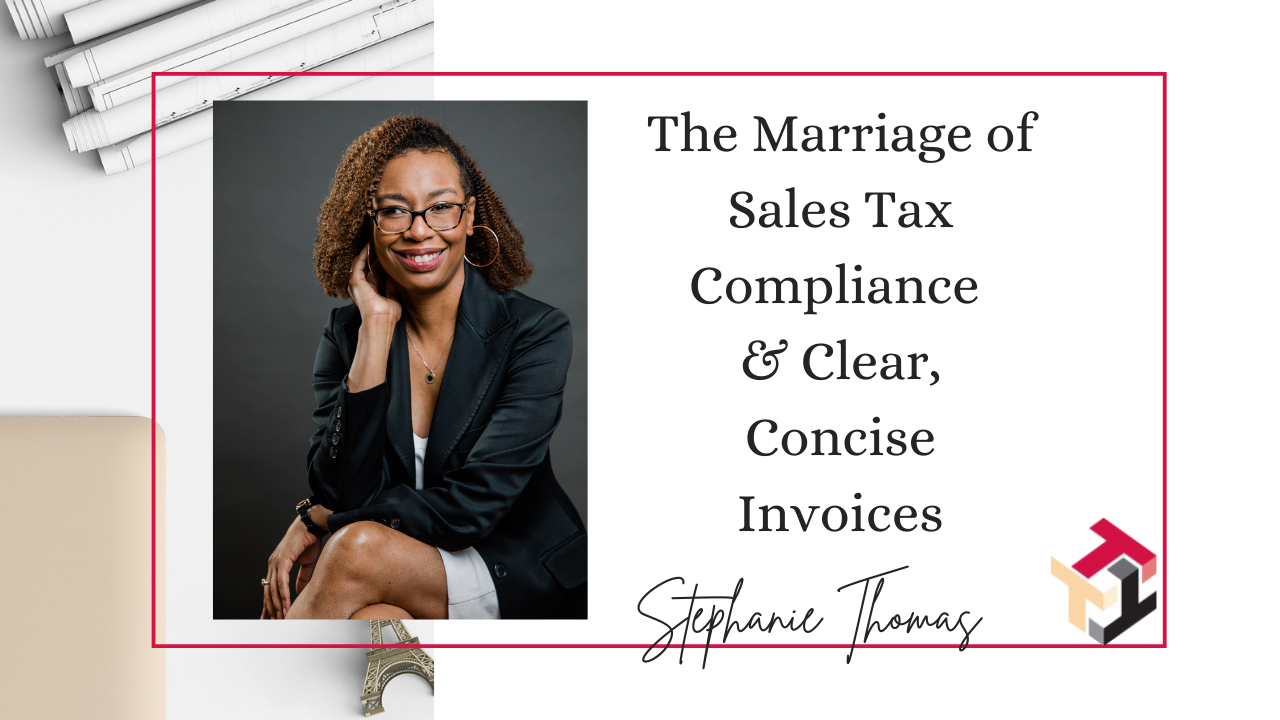


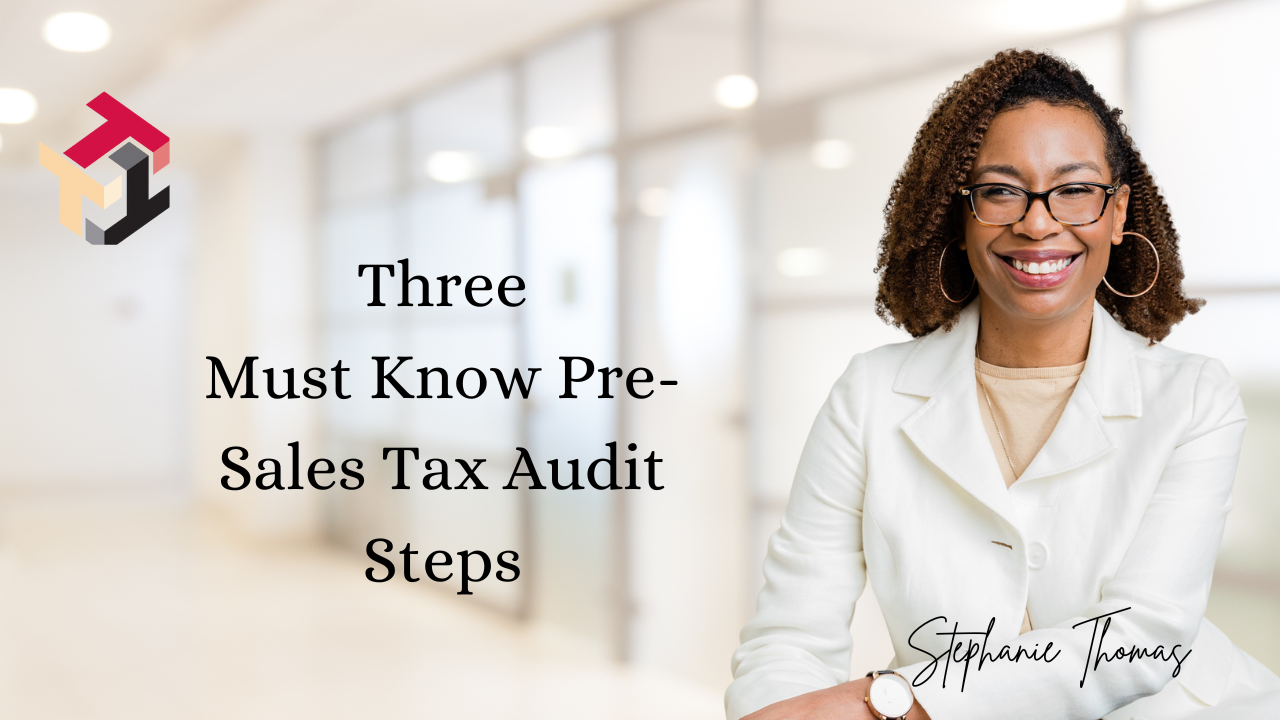

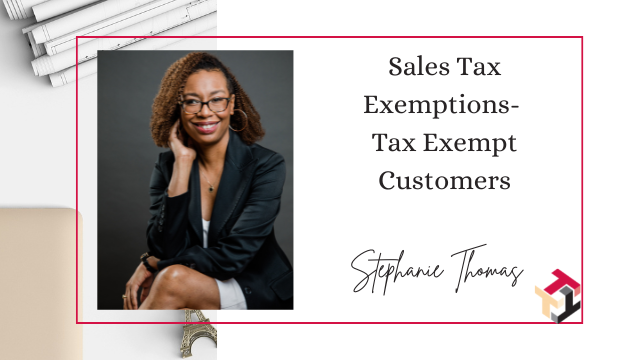
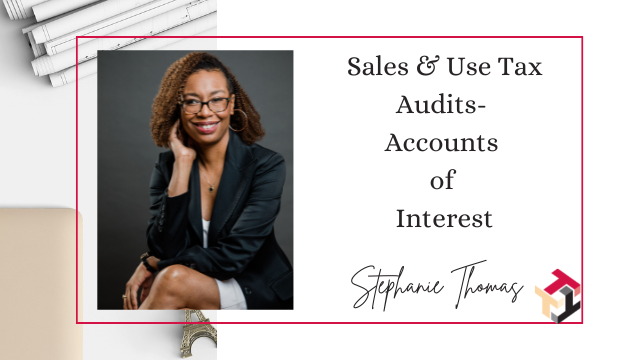

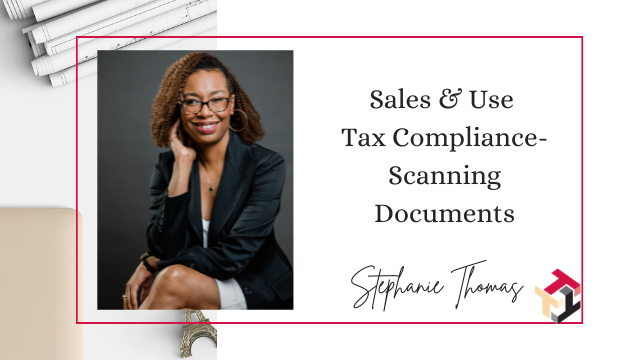


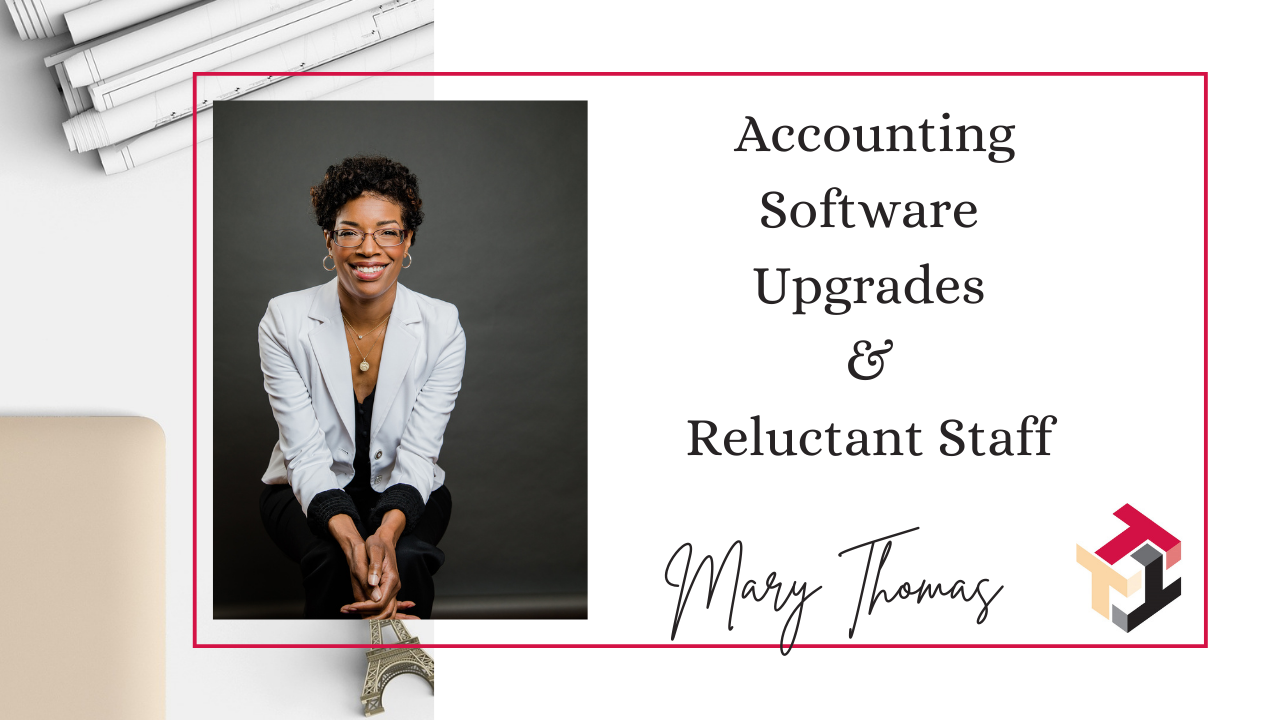

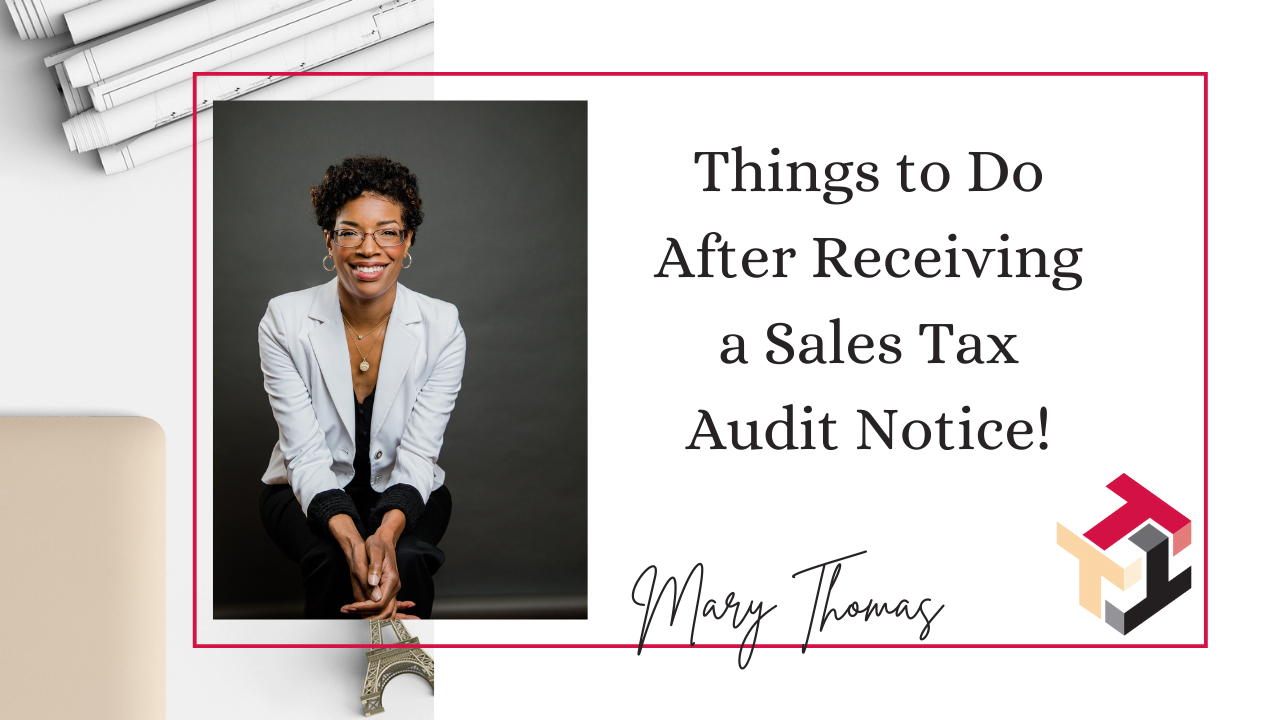
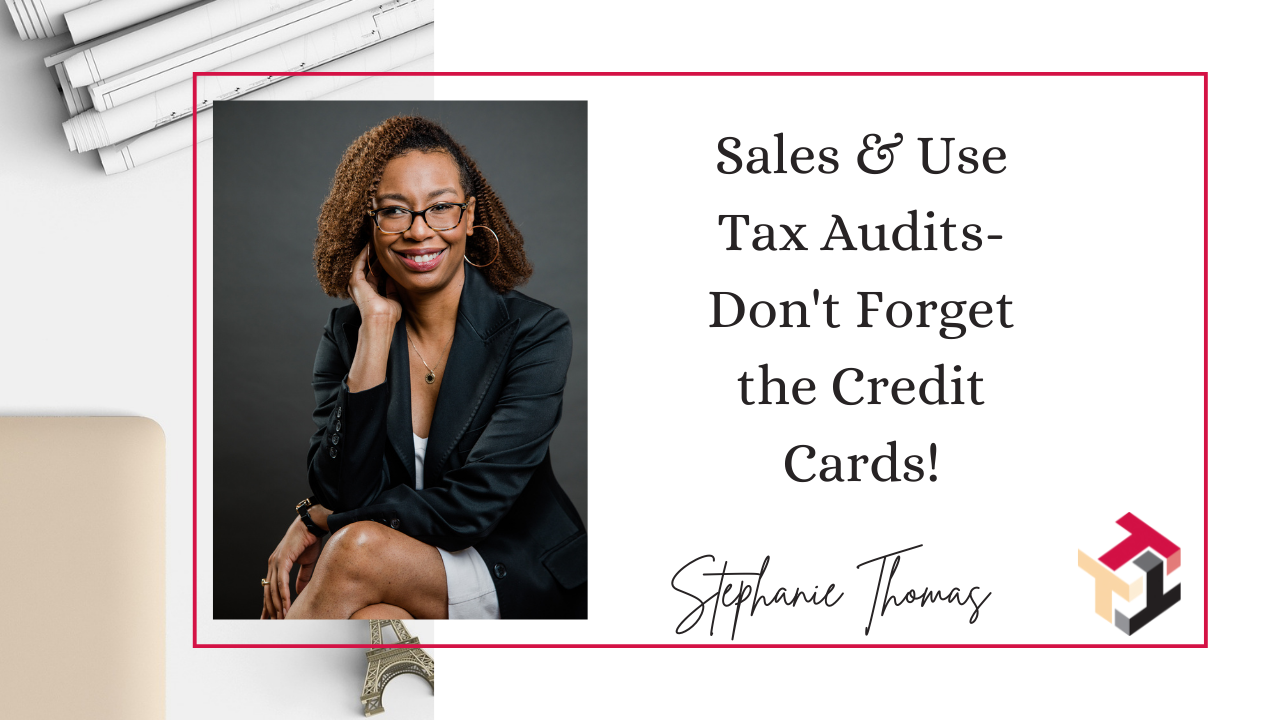
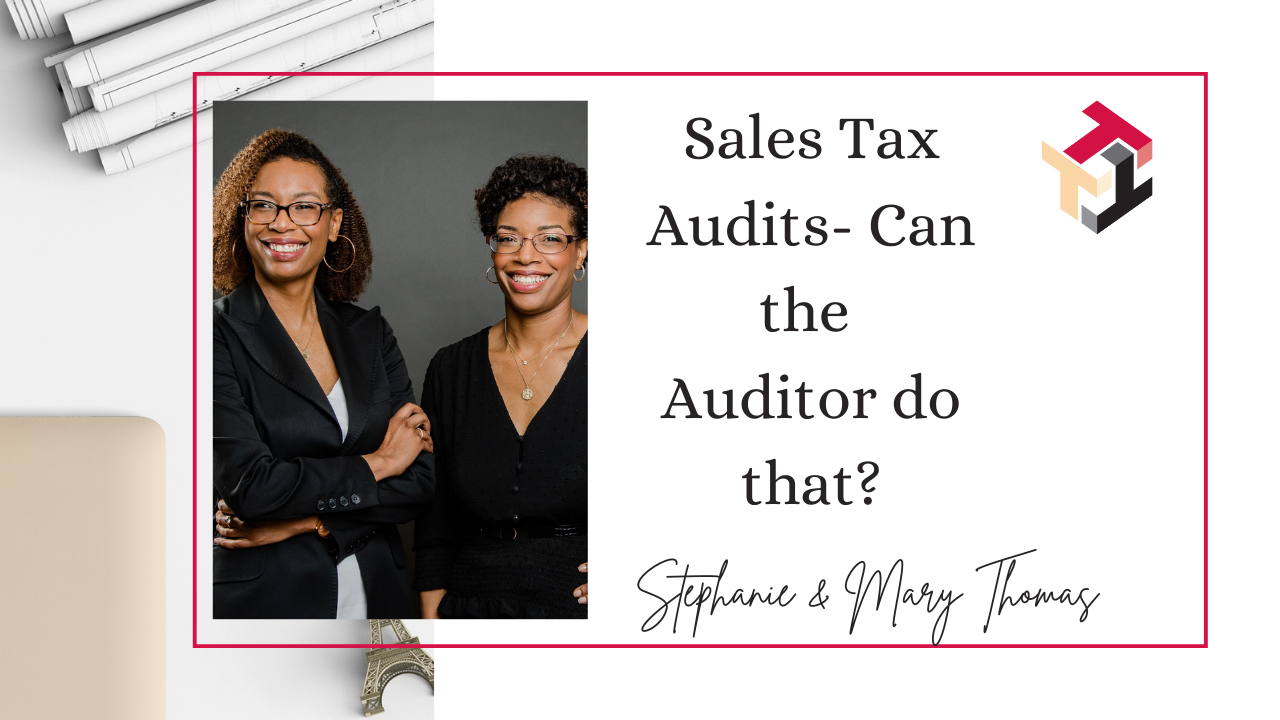


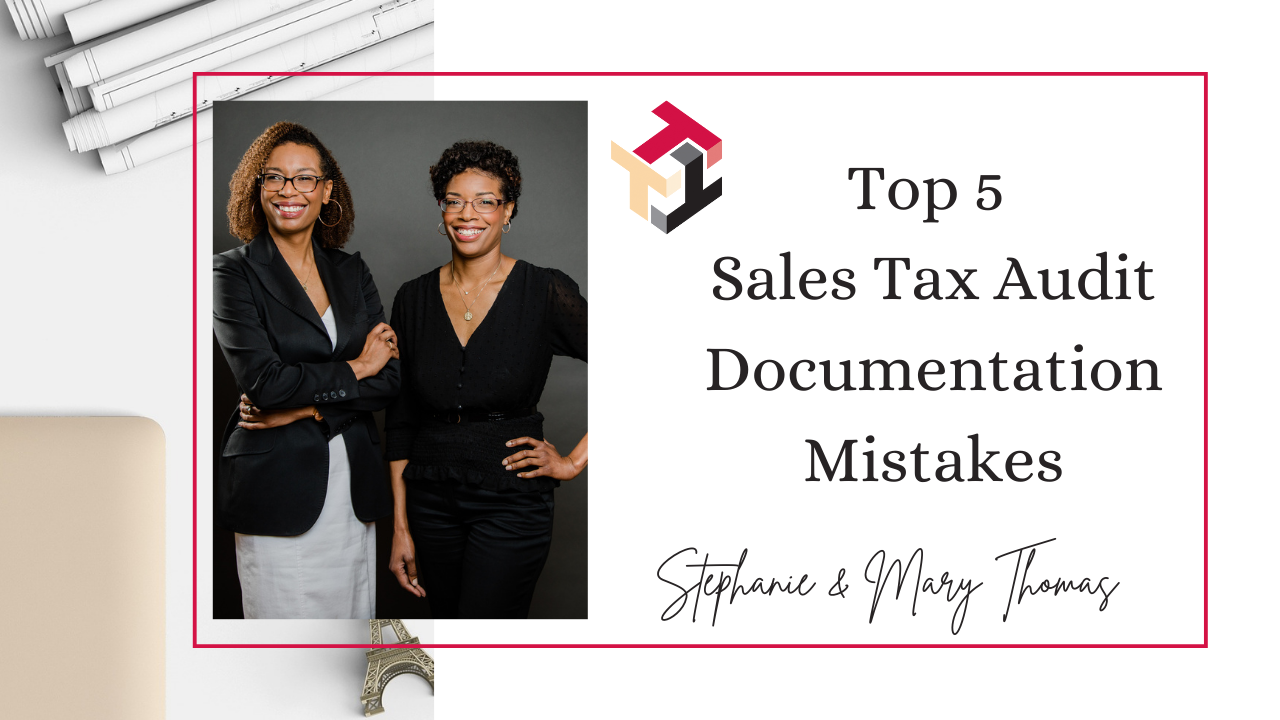

0 Comments